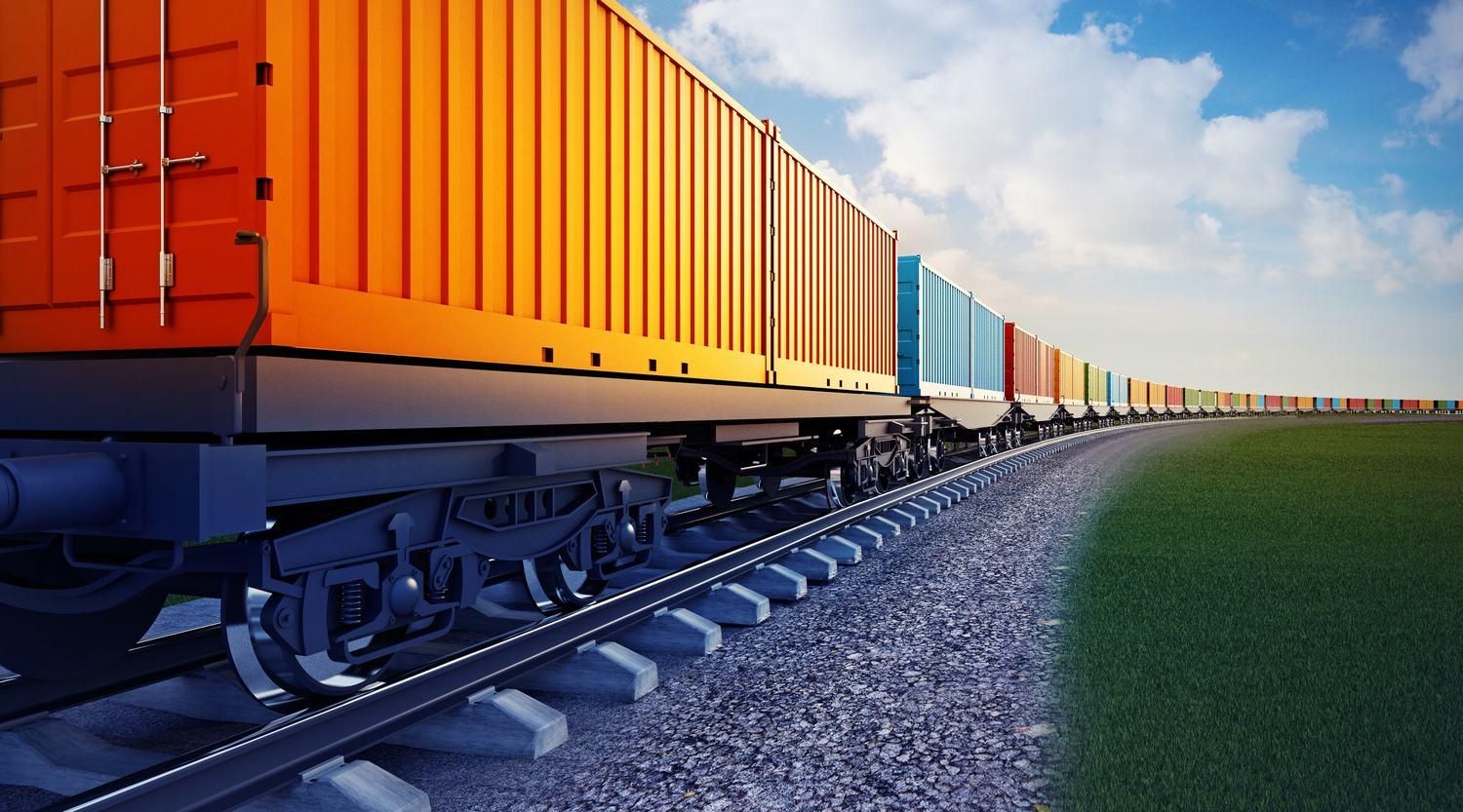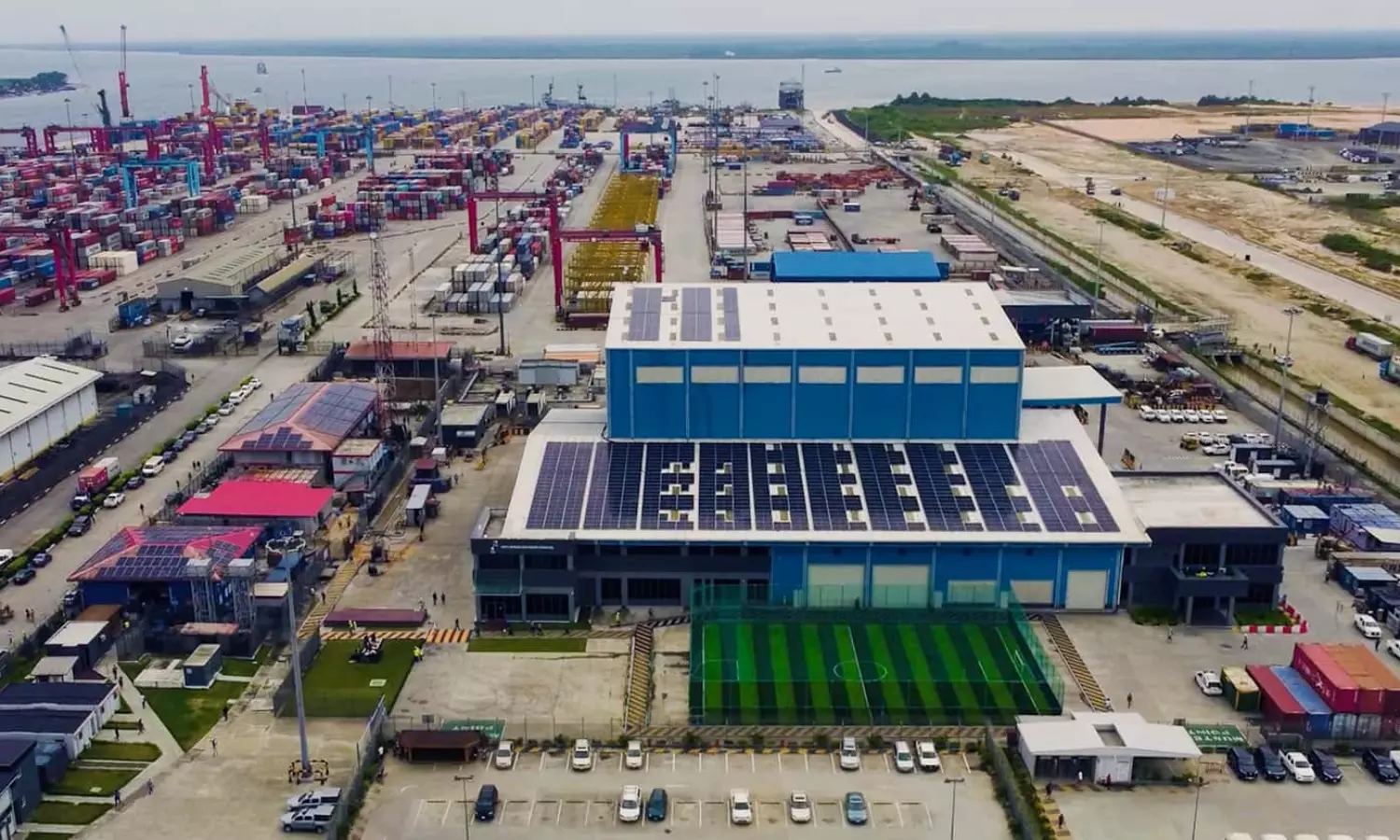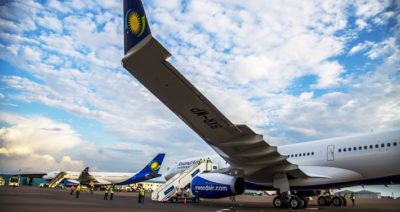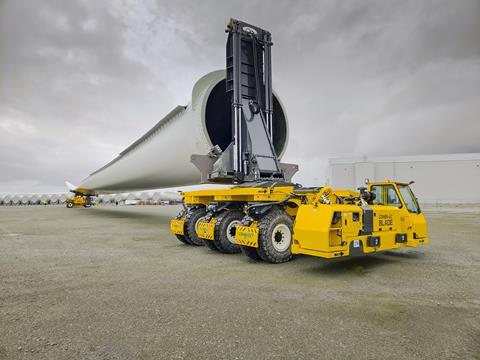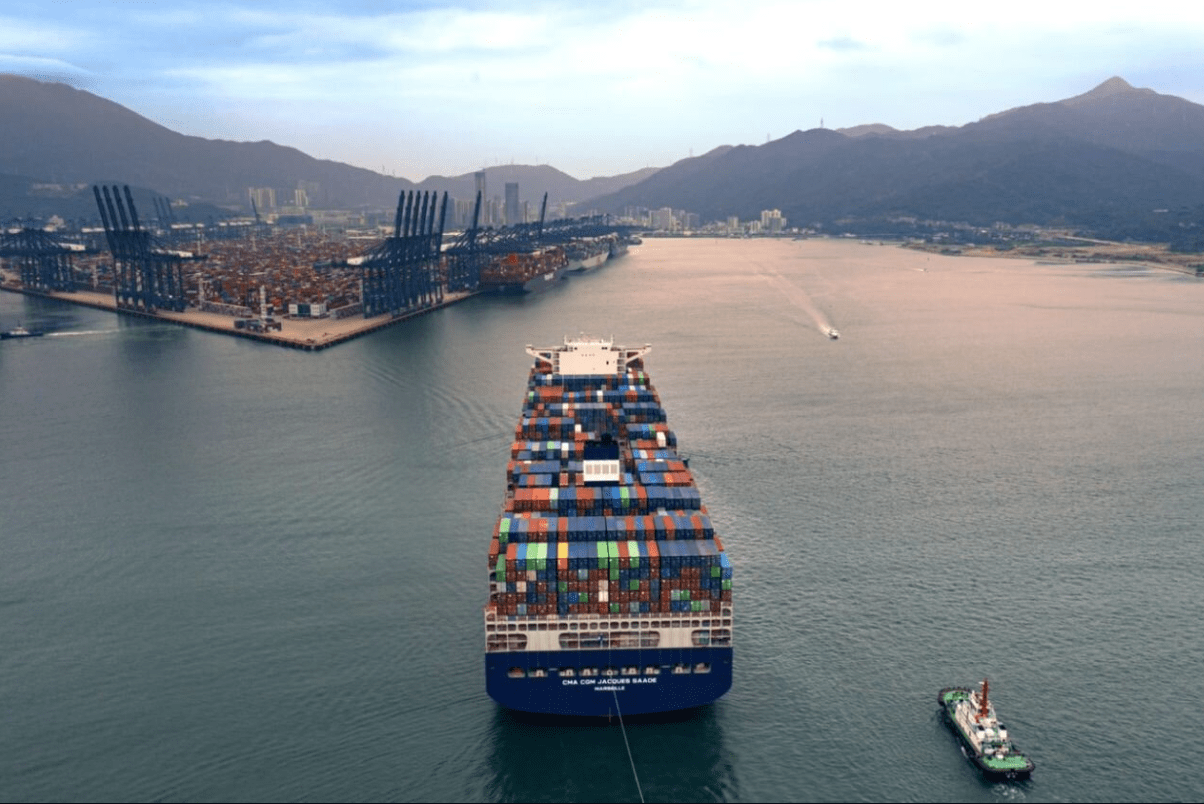Logistic

Fujairah’s grand plan could fall victim to tariff shock
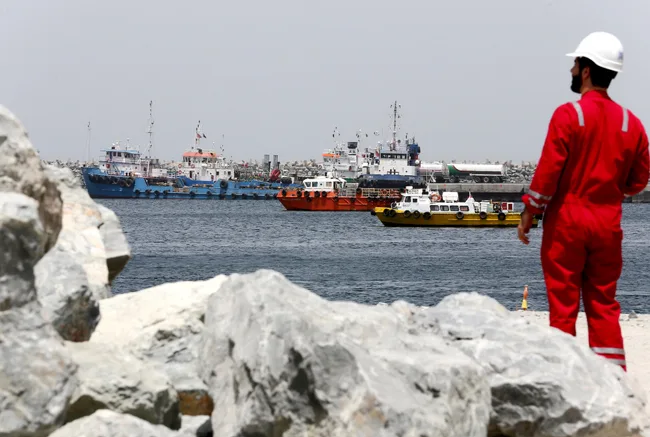
The emirate of Fujairah’s plans to expand its storage facilities and develop cleaner fuels and petrochemical production may be delayed as a result of the impact of tariff-led global trade tensions, according to a local authority.
After Singapore and Rotterdam, Fujairah is the largest so-called “bunkering”, or ship-fuelling, port. It lies almost immediately outside the Arabian Gulf and the Strait of Hormuz.
The Strait of Hormuz is as narrow as 55km between Iran and the Arabian Peninsula and is the world’s busiest oil maritime chokepoint, accounting for about a quarter of global seaborne crude trade.
“Oil prices are down and other fuels could go down too, leading investors to postpone their decisions,” Mike Hawa, head of strategy and business development at the Fujairah Oil Industry Zone, told AGBI.
Oil prices have plunged since US President Donald Trump announced a near tripling in effective US tariff rates to their highest in a century. This prompted a rout in global stock markets and lower forecasts for global economic growth or even recession in some major economies, including the US.
Crude oil prices
Among Fujairah projects likely to be affected by a global slowdown is a AED2.2 billion ($599 million) sustainable aviation fuel (SAF) facility under development by Mercantile & Maritime Group and backed by Fujairah’s Mena Terminals.
Due to begin operations next year, the project is now being re-evaluated because of falling SAF prices and broader market volatility.
“We already see SAF prices going down,” Hawa said.
Authorities and private developers have been working to transform Fujairah port into an integrated energy centre, with downstream production, transitional and value-added fuels and petrochemicals.
The port has about 12 million cubic metres of oil storage capacity, with plans to add another 1 million over the next three to four years, Hawa said.
An additional 1.5 million square metres of reclaimed land is expected by 2028 to support further infrastructure.
Among the planned developments is a liquefied petroleum gas centre, which is in the early stages of development.
The plan includes up to three small terminals, a dedicated marine berth and up to 120,000 tonnes of storage capacity. Hawa said the project could take up to three years to complete.
Fujairah is also evaluating offshore bunkering to supply vessels running on liquefied natural gas. “This is likely going to happen,” said Hawa, although financing remains a challenge.
Biofuel blending and bunkering trials have also started at terminals operated by VTTI and Vopak Horizon, but volumes are relatively small.
Hawa said interest in biofuel blending is growing, but demand uncertainty and pricing could limit investment.
Downstream, a new petrochemical complex is undergoing a six to nine-month feasibility study.
Separately, a conventional refinery project is nearing final approval. According to a person familiar with the matter the project could involve trader Montfort Group.
The refinery would use crude and fuel oil as feedstock. Abu Dhabi state oil company Adnoc and Montfort have discussed an expanded agreement to process and market refined products from Fujairah, Bloomberg reported, without identifying its sources.
Fujairah is also developing two small-scale facilities to recycle so-called dirty oil from ships, in compliance with International Maritime Organization rules.
The projects are expected to come online within two years and process about 30,000 tonnes annually.
“The aim is to evolve into an integrated energy hub,” Hawa said. “But recent changes and the tumultuous situation are slowing decisions.”





